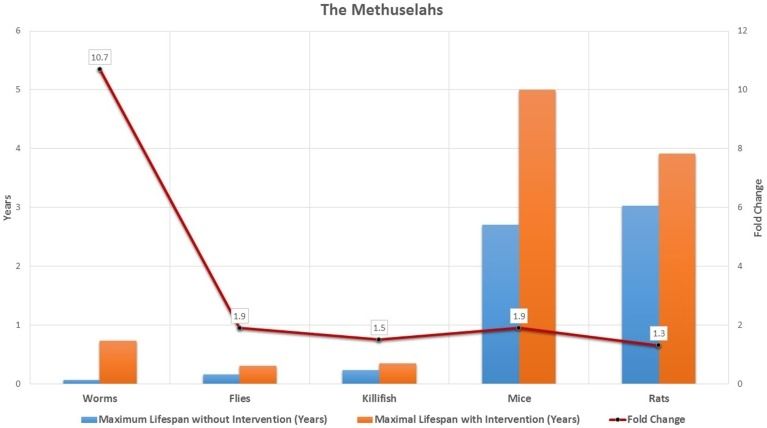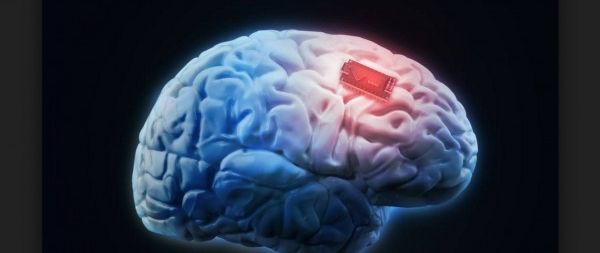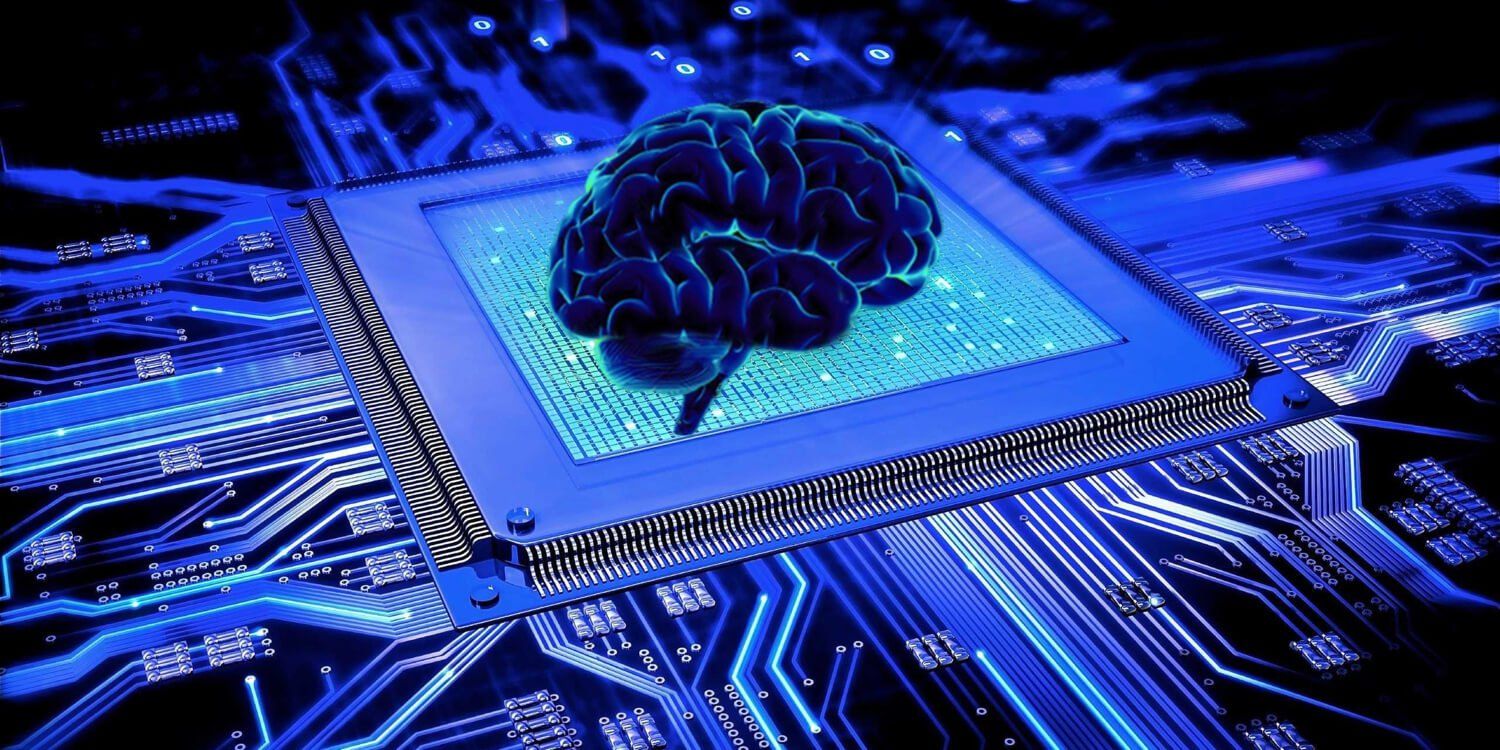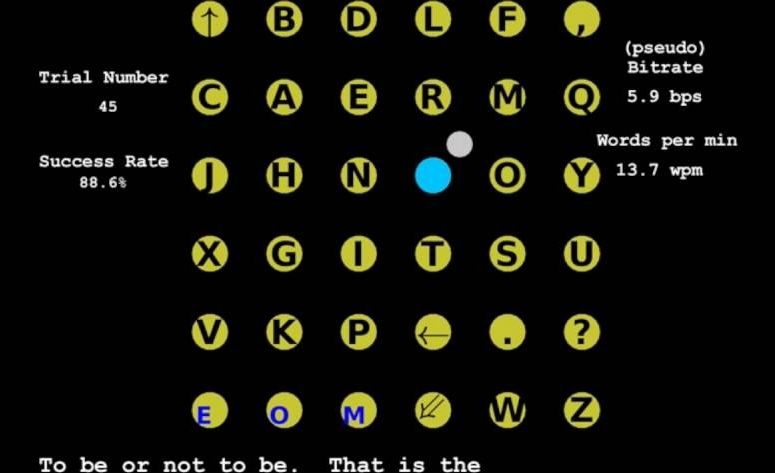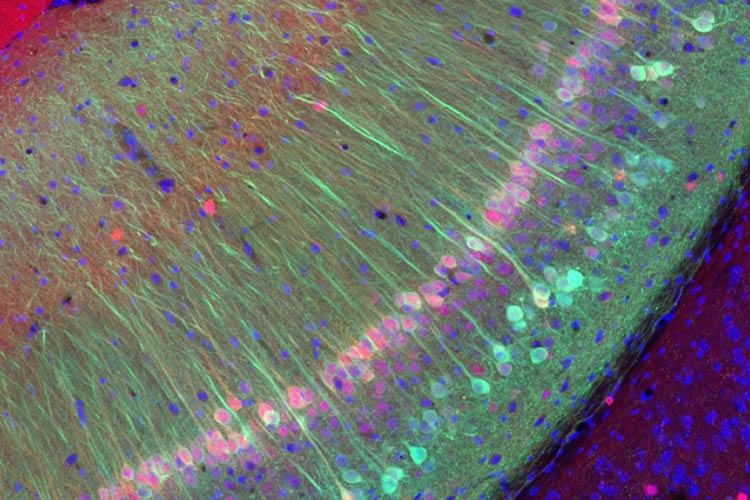Classifying aging as a disease, the debate is hotting up as ICD11 at WHO draws near.
What is considered to be normal and what is considered to be diseased is strongly influenced by historical context (Moody, 2001/2002). Matters once considered to be diseases are no longer classified as such. For example, when black slaves ran away from plantations they were labeled to suffer from drapetomania and medical treatment was used to try to “cure” them (Reznek, 1987). Similarly, masturbation was seen as a disease and treated with treatments such as cutting away the clitoris or cauterizing it (Reznek, 1987). Finally, homosexuality was considered a disease as recently as 1974 (Reznek, 1987). In addition to the social and cultural influence on disease definition, new scientific and medical discoveries lead to the revision of what is a disease and what is not (Butler, 2008). For example, fever was once seen as a disease in its own right but the realization that different underlying causes would lead to the appearance of fever changed its status from disease to symptom (Reznek, 1987). Conversely, several currently recognized diseases, such as osteoporosis, isolated systolic hypertension, and senile Alzheimer’s disease, were in the past ascribed to normal aging (Izaks and Westendorp, 2003; Gems, 2011). Osteoporosis was only officially recognized as a disease in 1994 by the World Health Organization (WHO, 1994).
Disease is a complex phenomenon and a current definition must consider both a biological and social explanation. The medical definition of disease is any abnormality of bodily structure or function, other than those arising directly from physical injury; the latter, however, may open the way for disease (Marcovitch, 2009). The disorder has a specific cause and recognizable signs and symptoms, and can affect humans, other animals, and plants (Martin, 2010). The social aspect of disease is significant when trying to divide a line between a healthy and a pathological state. This is a highly context and value driven process and, considering the WHO definition of health as a “state of complete physical, mental, and social well-being and not merely the absence of disease or infirmity,” it is not as simple as classifying disease as the opposite of health (WHO, 1946). “Someone starving to death is not taken to have a disease, but is still not considered healthy” (Reznek, 1987).
